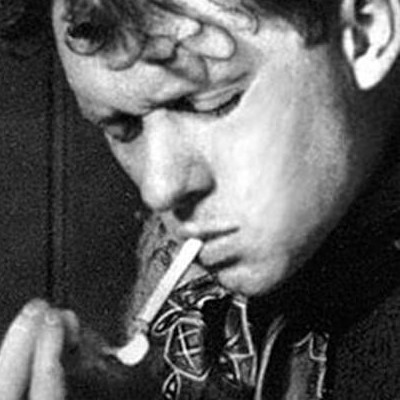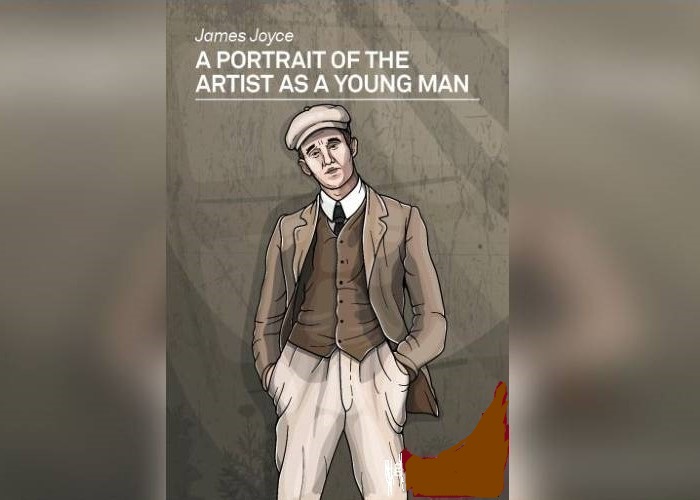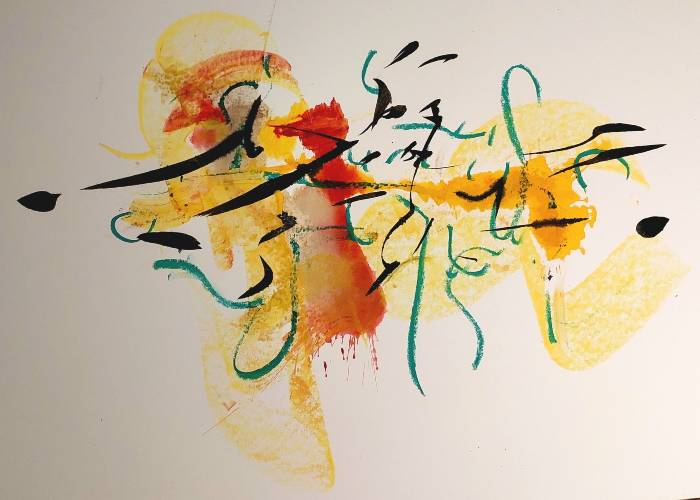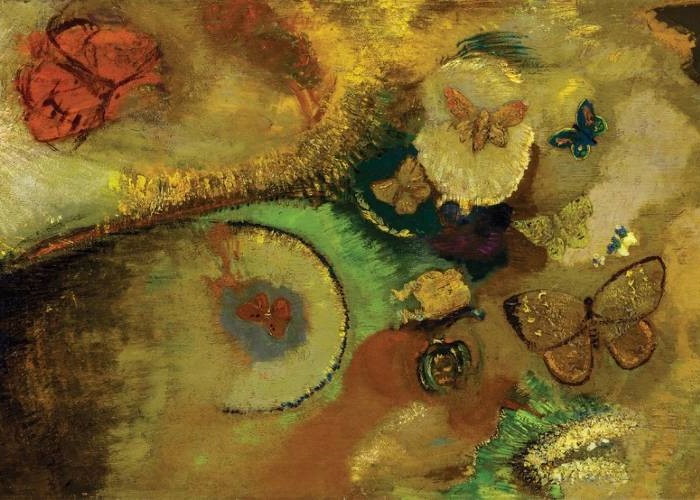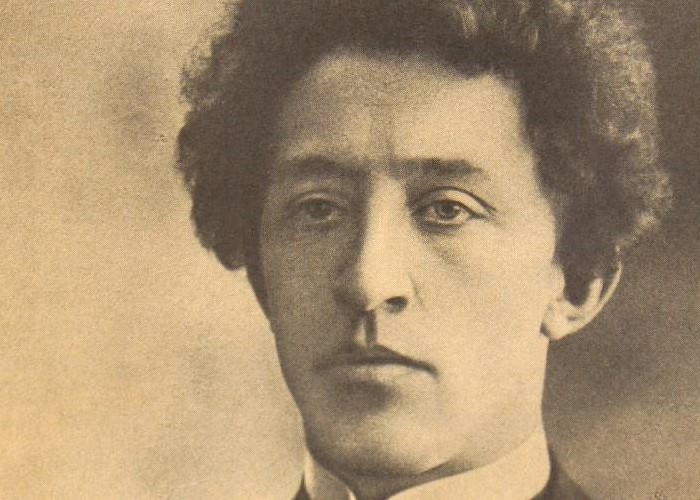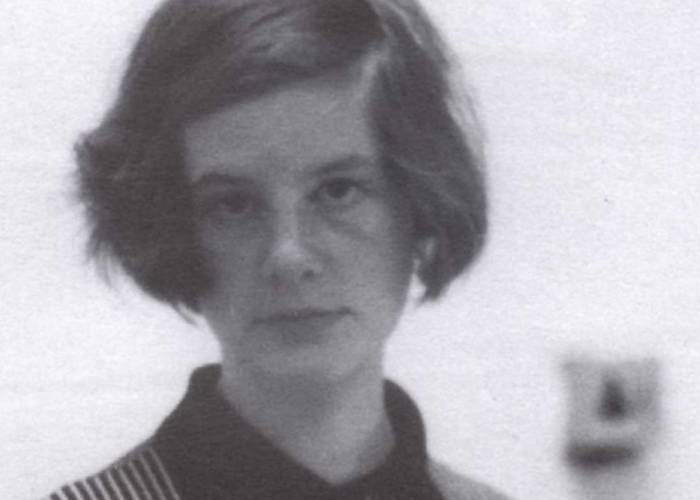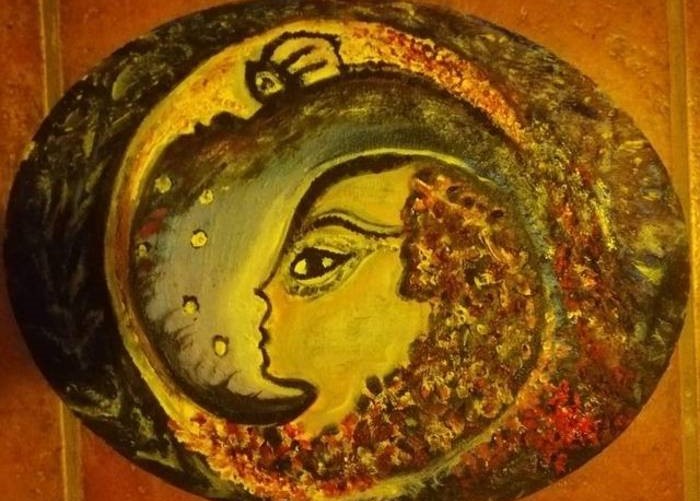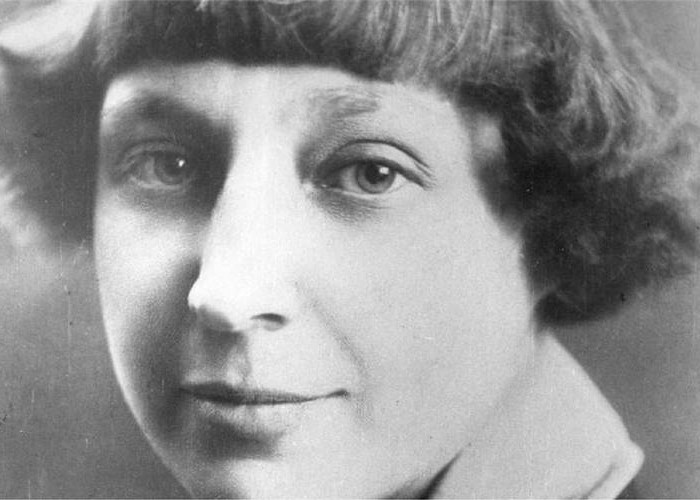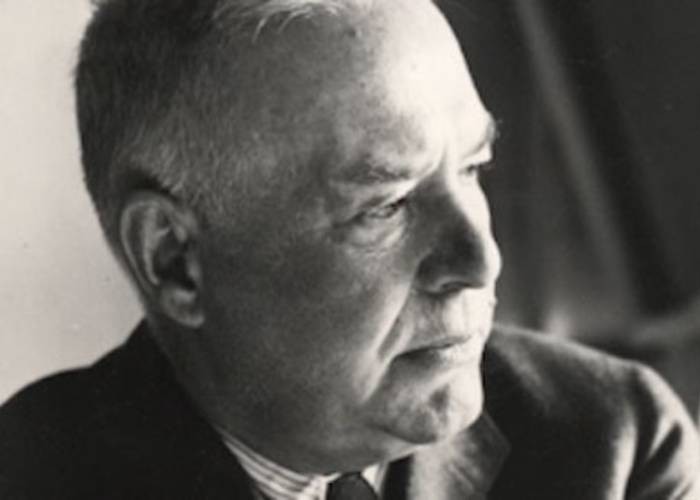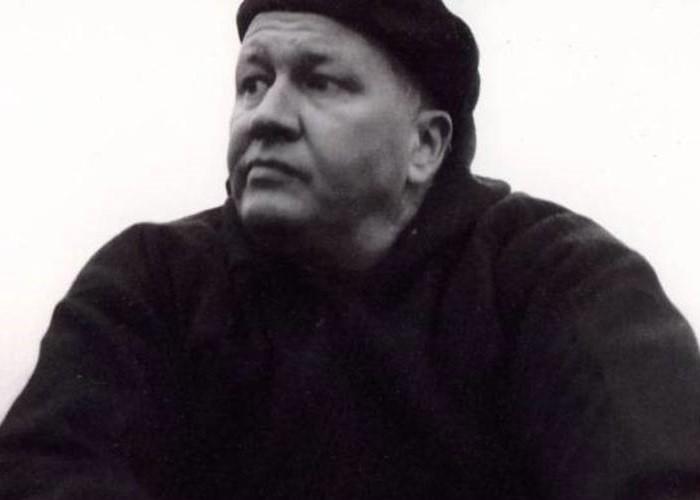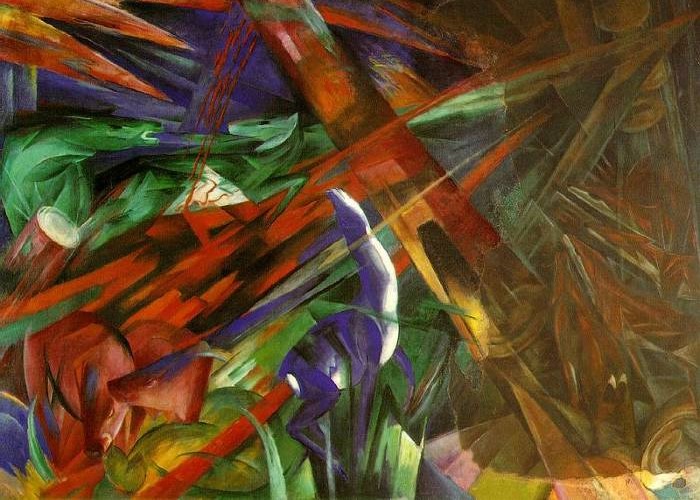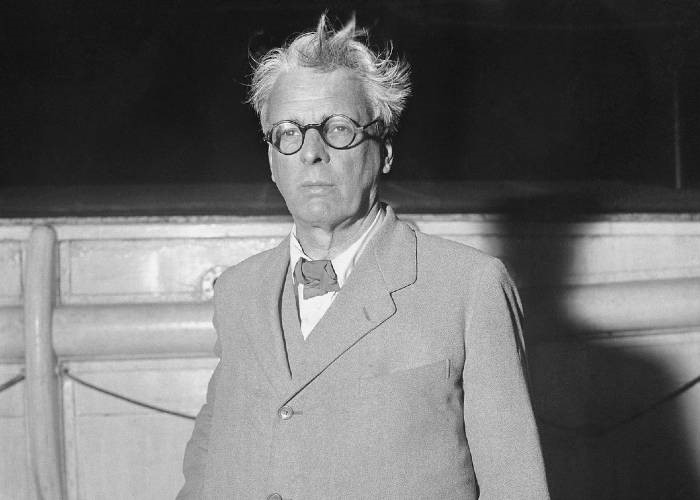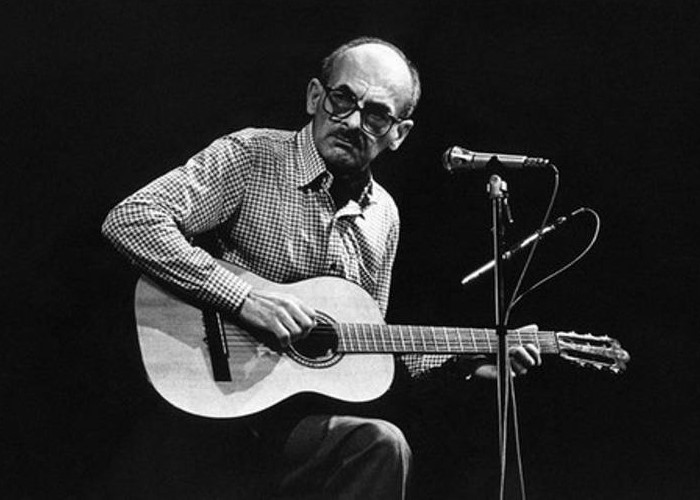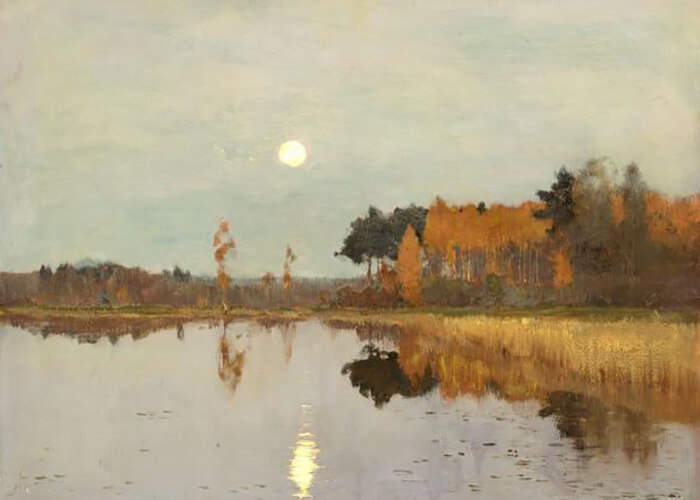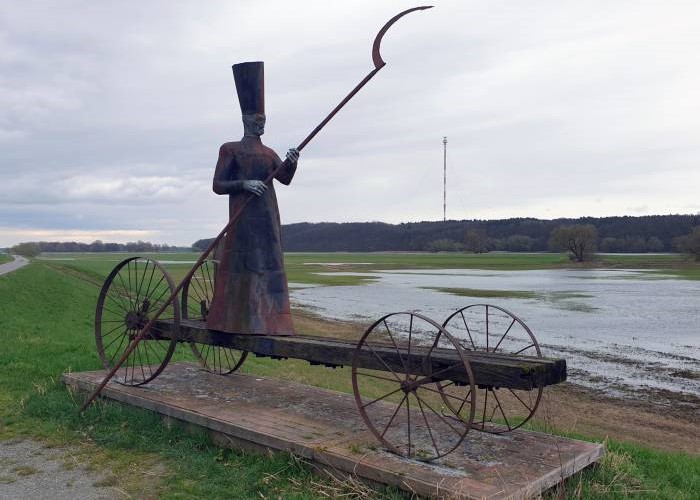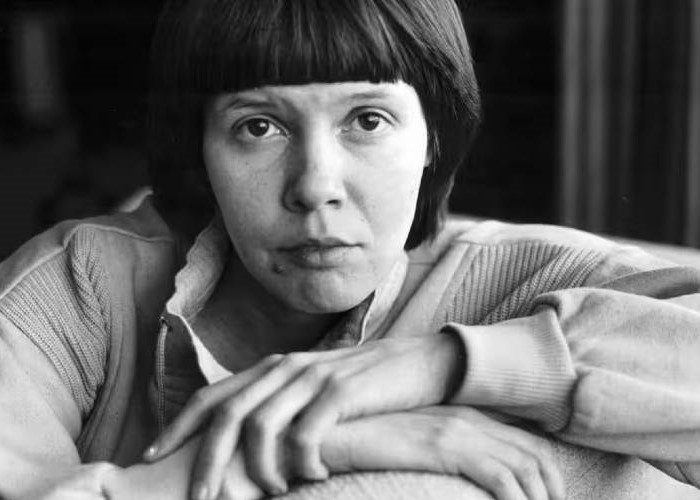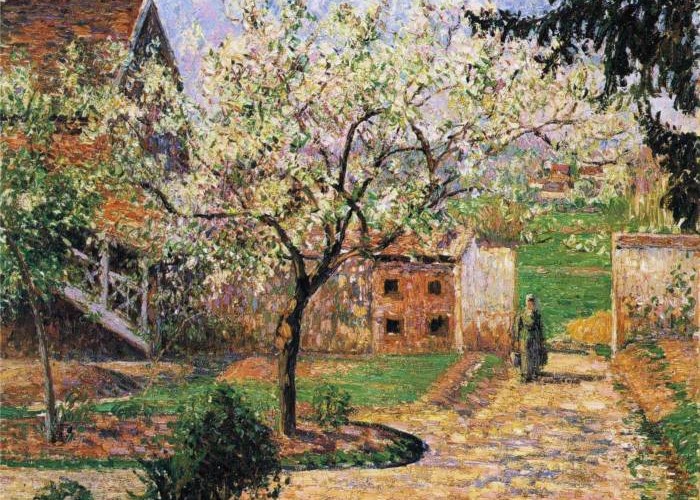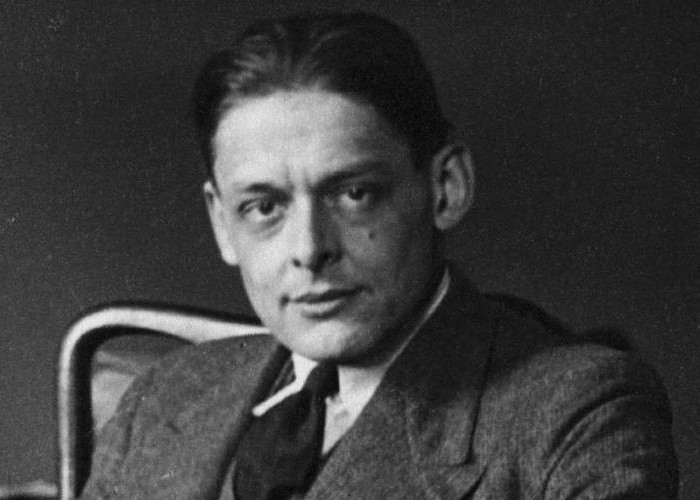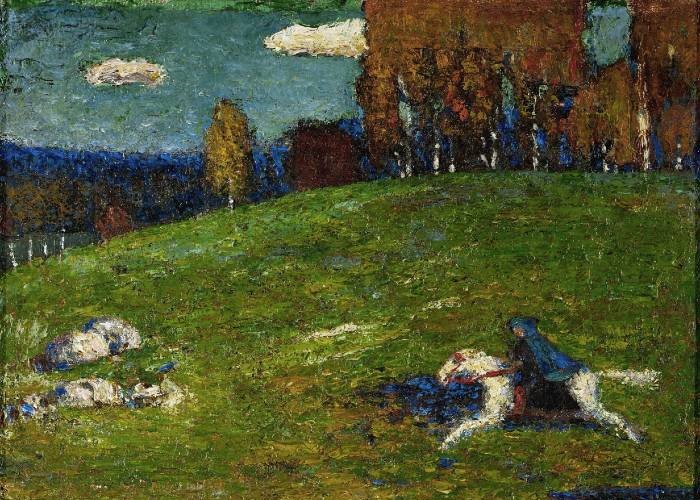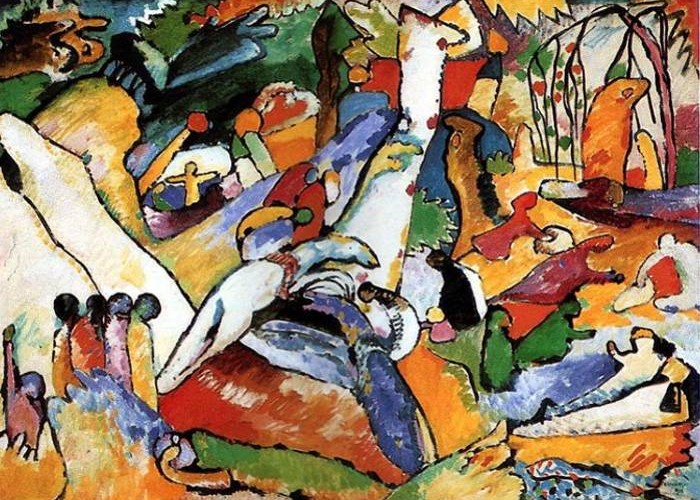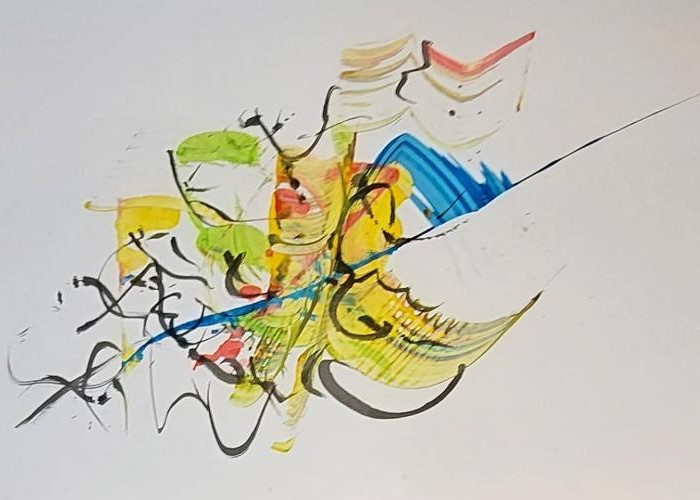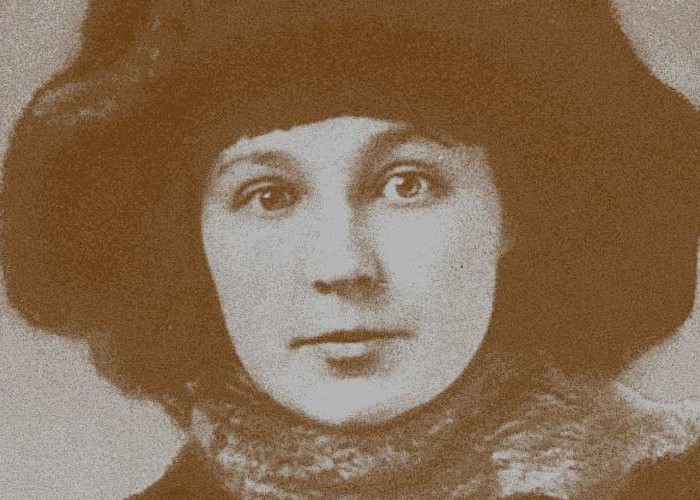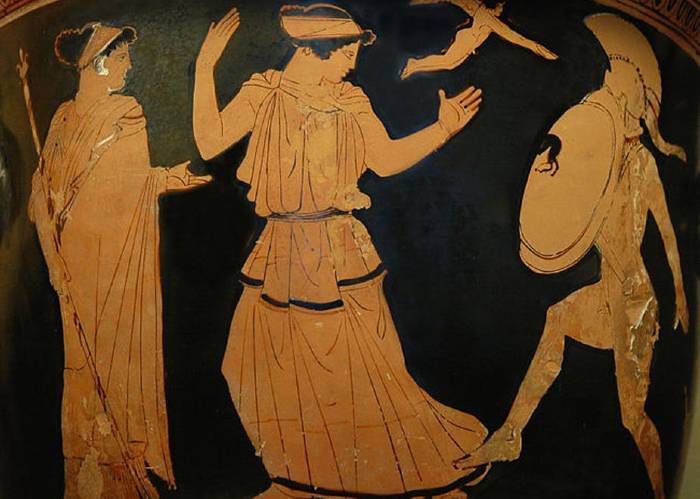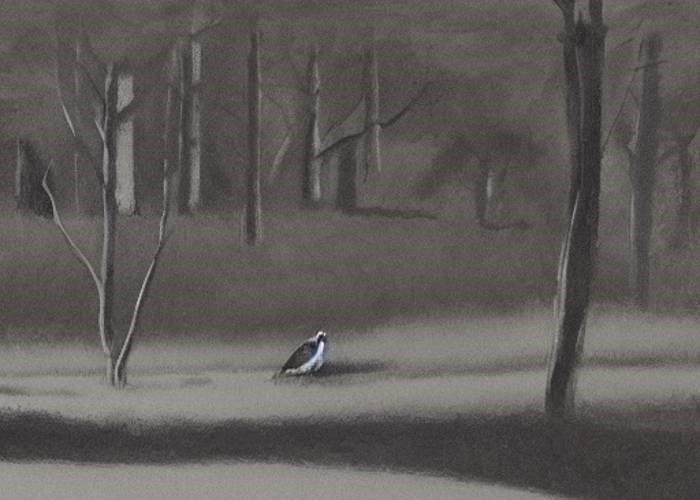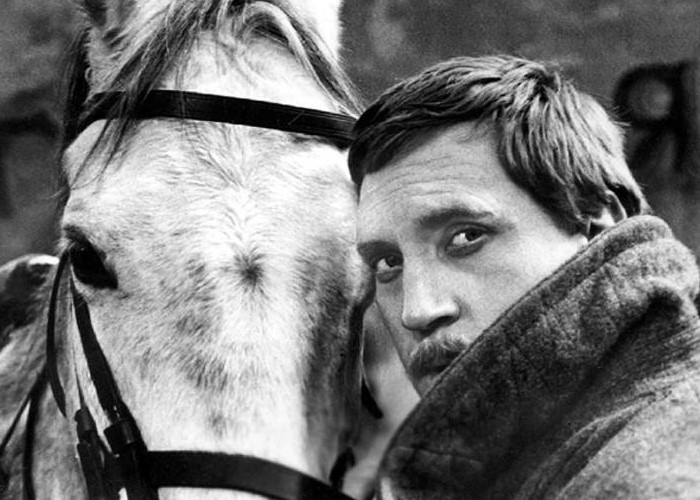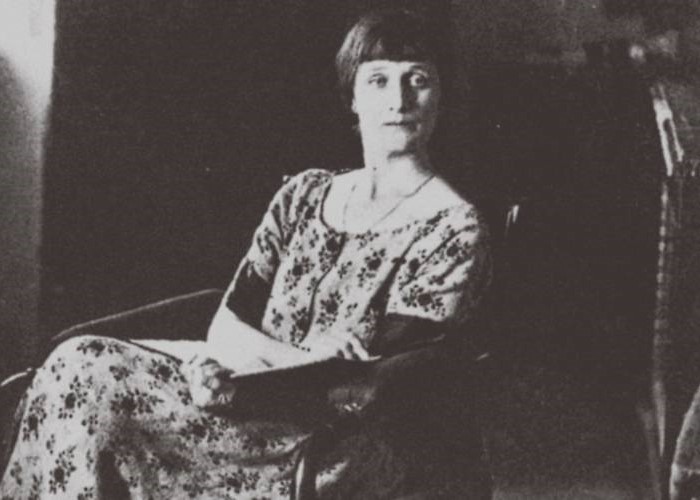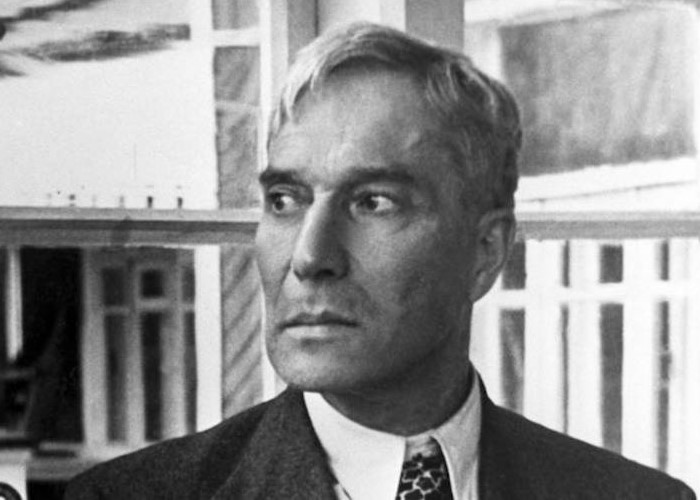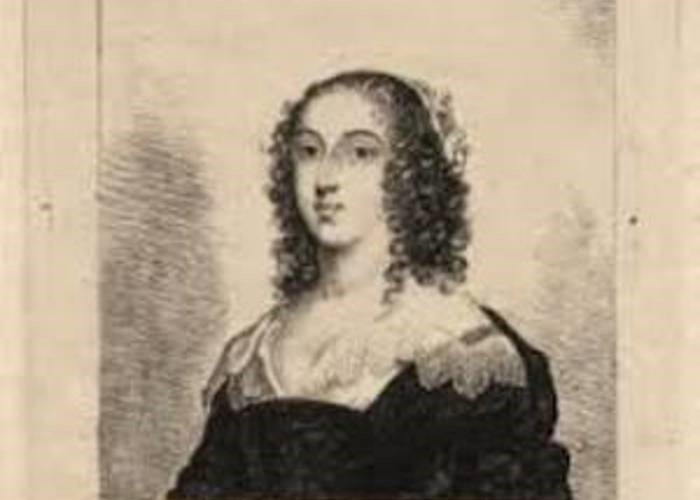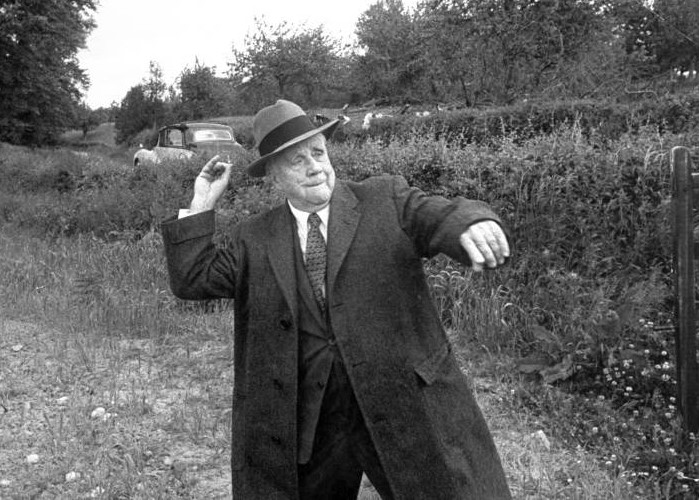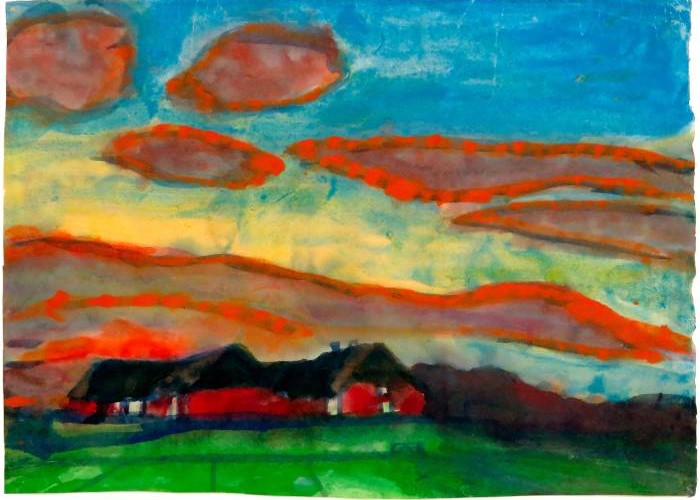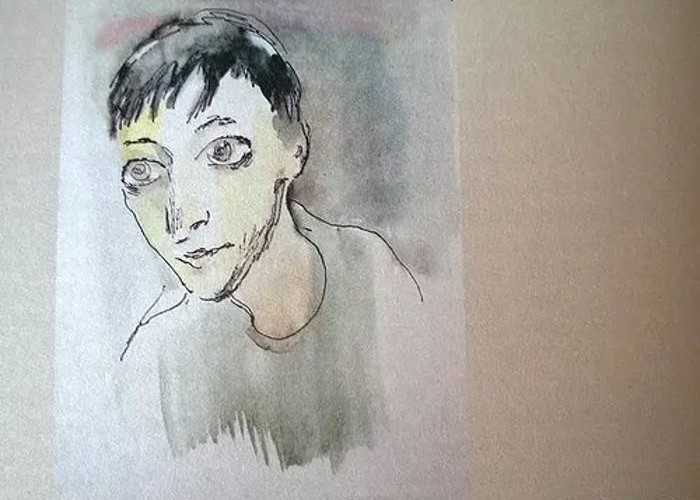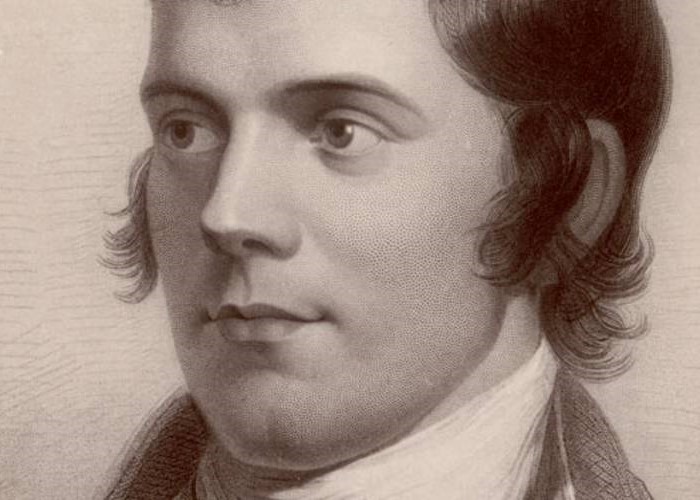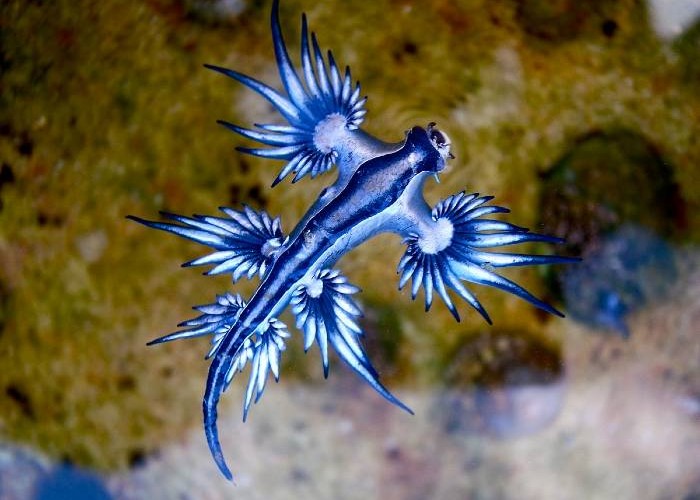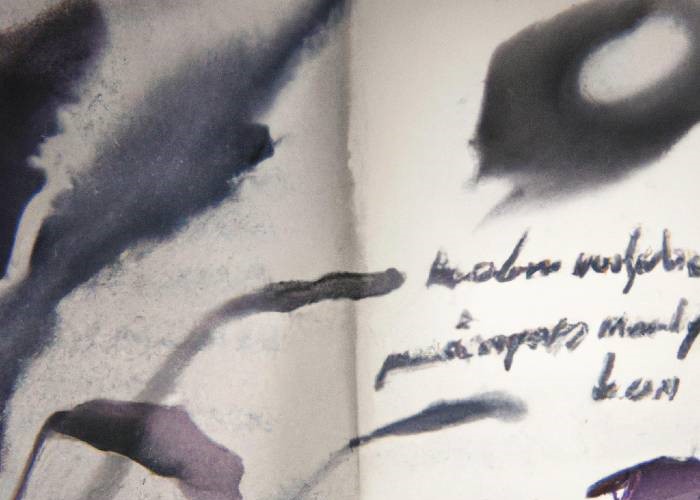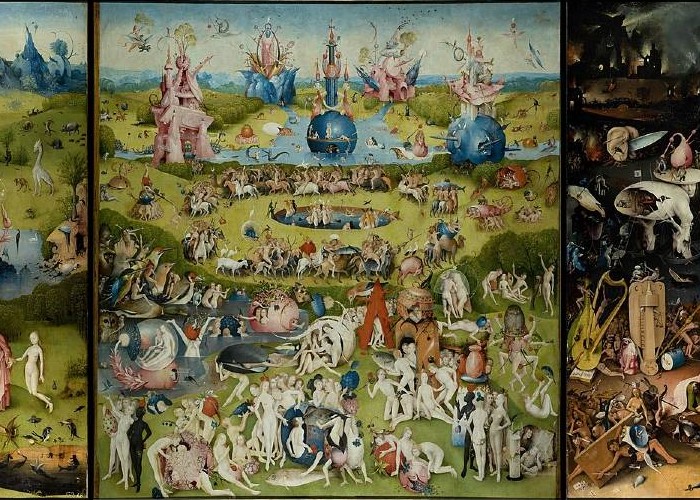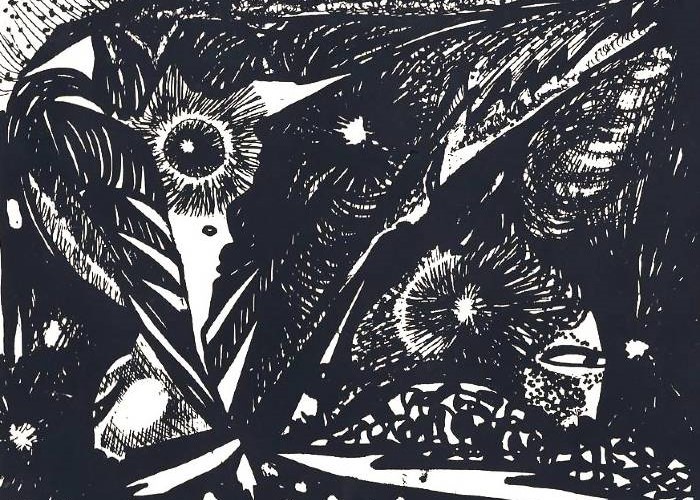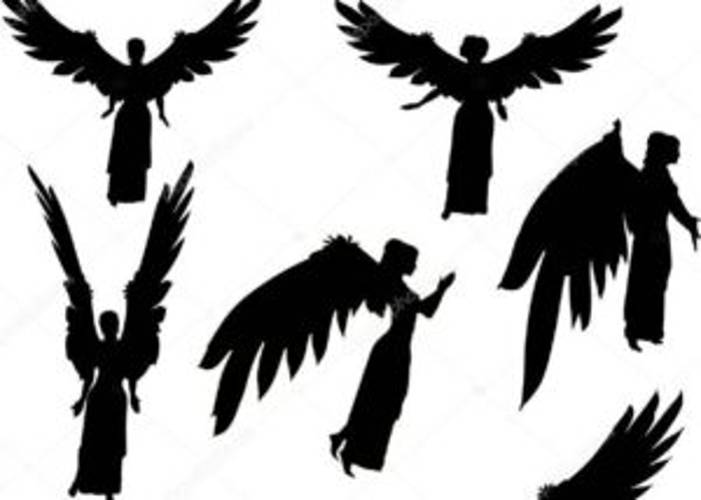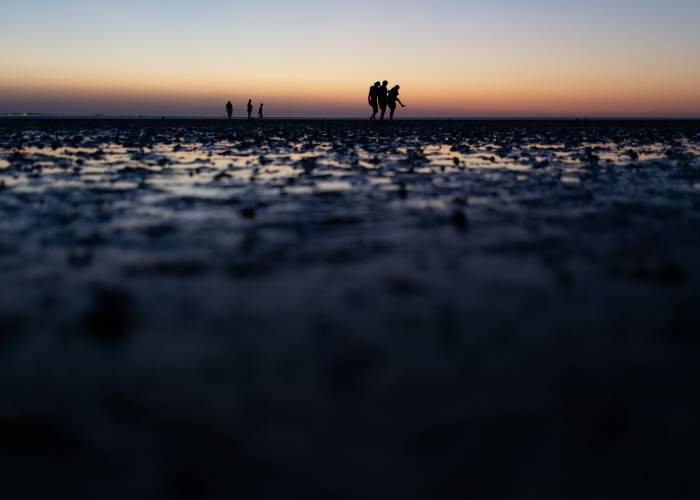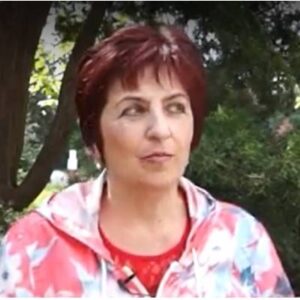DO NOT GO GENTLE INTO THAT GOOD NIGHT
Do not go gentle into that good night,
Old age should burn and rave at close of day;
Rage, rage against the dying of the light.
Though wise men at their end know dark is right,
Because their words had forked no lightning they
Do not go gentle into that good night.
Good men, the last wave by, crying how bright
Their frail deeds might have danced in a green bay,
Rage, rage against the dying of the light.
Wild men who caught and sang the sun in flight,
And learn, too late, they grieved it on its way,
Do not go gentle into that good night.
Grave men, near death, who see with blinding sight
Blind eyes could blaze like meteors and be gay,
Rage, rage against the dying of the light.
And you, my father, there on the sad height,
Curse, bless, me now with your fierce tears, I pray.
Do not go gentle into that good night.
Rage, rage against the dying of the light.
NOT FROM THIS ANGER
Not from this anger, anticlimax after
Refusal struck her loin and the lame flower
Bent like a beast to lap the singular floods
In a land strapped by hunger
Shall she receive a bellyful of weeds
And bear those tendril hands I touch across
The agonized, two seas.
Behind my head a square of sky sags over
The circular smile tossed from lover to lover
And the golden ball spins out of the skies;
Not from this anger after
Refusal struck like a bell under water
Shall her smile breed that mouth, behind the mirror,
That burns along my eyes.
O MAKE ME A MASK
O make me a mask and a wall to shut from your spies
Of the sharp, enamelled eyes and the spectacled claws
Rape and rebellion in the nurseries of my face,
Gag of dumbstruck tree to block from bare enemies
The bayonet tongue in this undefended prayerpiece,
The present mouth, and the sweetly blown trumpet of lies,
Shaped in old armour and oak the countenance of a dunce
To shield the glistening brain and blunt the examiners,
And a tear-stained widower grief drooped from the lashes
To veil belladonna and let the dry eyes perceive
Others betray the lamenting lies of their losses
By the curve of the nude mouth or the laugh up the sleeve.
ON THE MARRIAGE OF A VIRGIN
Waking alone in a multitude of loves when morning’s light
Surprised in the opening of her nightlong eyes
His golden yesterday asleep upon the iris
And this day’s sun leapt up the sky out of her thighs
Was miraculous virginity old as loaves and fishes,
Though the moment of a miracle is unending lightning
And the shipyards of Galilee’s footprints hide a navy of doves.
No longer will the vibrations of the sun desire on
Her deepsea pillow where once she married alone,
Her heart all ears and eyes, lips catching the avalanche
Of the golden ghost who ringed with his streams her mercury bone,
Who under the lids of her windows hoisted his golden luggage,
For a man sleeps where fire leapt down and she learns through his arm
That other sun, the jealous coursing of the unrivalled blood.
AND DEATH SHALL HAVE NO DOMINION
And death shall have no dominion.
Dead men naked they shall be one
With the man in the wind and the west moon;
When their bones are picked clean and the clean bones gone,
They shall have stars at elbow and foot;
Though they go mad they shall be sane,
Though they sink through the sea they shall rise again;
Though lovers be lost love shall not;
And death shall have no dominion.
And death shall have no dominion.
Under the windings of the sea
They lying long shall not die windily;
Twisting on racks when sinews give way,
Strapped to a wheel, yet they shall not break;
Faith in their hands shall snap in two,
And the unicorn evils run them through;
Split all ends up they shan’t crack;
And death shall have no dominion.
And death shall have no dominion.
No more may gulls cry at their ears
Or waves break loud on the seashores;
Where blew a flower may a flower no more
Lift its head to the blows of the rain;
Though they be mad and dead as nails,
Heads of the characters hammer through daisies;
Break in the sun till the sun breaks down,
And death shall have no dominion.
Не уходи во тьму, теряя след
не уходи во тьму, теряя след
пусть старость отгорит в сияньи дня
храни свой гнев, коль угасает свет
бежит мудрец от суеты сует
бежит во мрак от адского огня
не уходи во тьму, теряя след
добряк, проживший много долгих лет
скорбит о счастье, плача не унять
храни свой гнев, коль угасает свет
дикарь поёт, что солнцем он согрет
но грусть придёт, чтоб смех его отнять
не уходи во тьму, теряя след
вот умирающий, почти ослеп
последние лучи его манят
храни свой гнев, коль угасает свет
отец мой, хоть тебя в живых уж нет
кляни меня, благослови меня
не уходи во тьму, теряя след
храни свой гнев, коль угасает свет
Не из-за гнева
Не из-за гнева, нет, из-за удара –
отвергнута – она ведь как цветок
растоптанный, она как зверь припала
к пустой и обезвоженной земле.
Но разве суждено ей напитаться…
Сквозь эту боль, я рук её касаюсь
и чувствую боль наших двух морей.
Висит над головой квадратик неба,
любовники бросают в круг улыбку,
и сфера золотая в небесах.
Не из-за гнева, нет, из-за удара,
что бьёт и бьёт, как колокол подводный.
Увижу ли я в отраженьи зыбком
улыбку ту, что жжёт мои глаза.
О сделай мне маску
О сделай мне маску и ширму поставь, защити
от глаз оловянных и всюду снующих клыков,
не дай обнаружить мой гнев, мой неистовый бунт,
заткни деревяшкой орущую глотку вражды,
спаси зарожденье молитвы от злых языков,
от приторной лжи, от трубящей вовсю клеветы,
от всех знатоков самозванных, вельможных тупиц.
Укрой до поры и догадку мелькнувшую вдруг,
и горькую скорбь, что слезами струится с ресниц.
Укрой ненадолго, и я, защищённее став,
смогу распознать беладонны коварный дурман,
пойму, как предательство прячет усмешку в рукав.
На свадьбу девственницы
Во множестве любви проснувшись одиноко,
она впускает свет на радужку ещё недавно спавших глаз,
и удивлённый луч из темноты выходит, из ночи что его лелеет,
и солнце прыгает от бёдер прямо в небо.
Что за диковинка – терять невинность. Старо как притча о семи хлебах.
Но чудо – это молния, и бесконечный миг,
и стая голубей, как белый флот таящийся на верфях Галилеи.
Теперь сверкающие волны всех желаний
навряд ли приземлятся на её замужнюю подушку.
Теперь она всем существом – глазами, сердцем, вдохом – поглощает
тот призрачный искрящийся поток, что взял в кольцо её живую кость,
лавину от того, кто поместил свой золотой багаж за окнами её, за ставнями.
Здесь пламя утихло, и мужчина спит. И станет она
учиться другому солнцу. Впитывать ревниво другой, чистопороднейший поток.
У смерти не будет власти
У смерти не будет власти.
Лежат мертвецы под кровавой луной,
обглоданы кости, лишь ветер и тьма.
А всё же сверкают звёзды в ночи,
сверкают в объятьях невидимых рук.
Безумцы окажутся всех мудрей,
упавший на дно да воспрянет вновь,
погибнут любовники но не любовь.
У смерти не будет власти.
У смерти не будет власти.
Морские волны погубят одних,
других ураганный ветер снесёт,
одни на дыбе окончат свой век,
другие – расплющены колесом.
В ладонях веру не удержать,
когда трещат под пыткой тела.
А всё-таки – всё-таки – их не сломать.
У смерти не будет власти.
У смерти не будет власти.
Им не услышать ни рокота волн,
ни криков чаек на берегу.
Цветок, которого больше нет,
раскрыл лепестки навстречу дождю,
с неистовой силой из небытия
зелёный росток пробивается вверх.
Стреляйте хоть в солнце, палите в зарю!
У смерти не будет власти.
